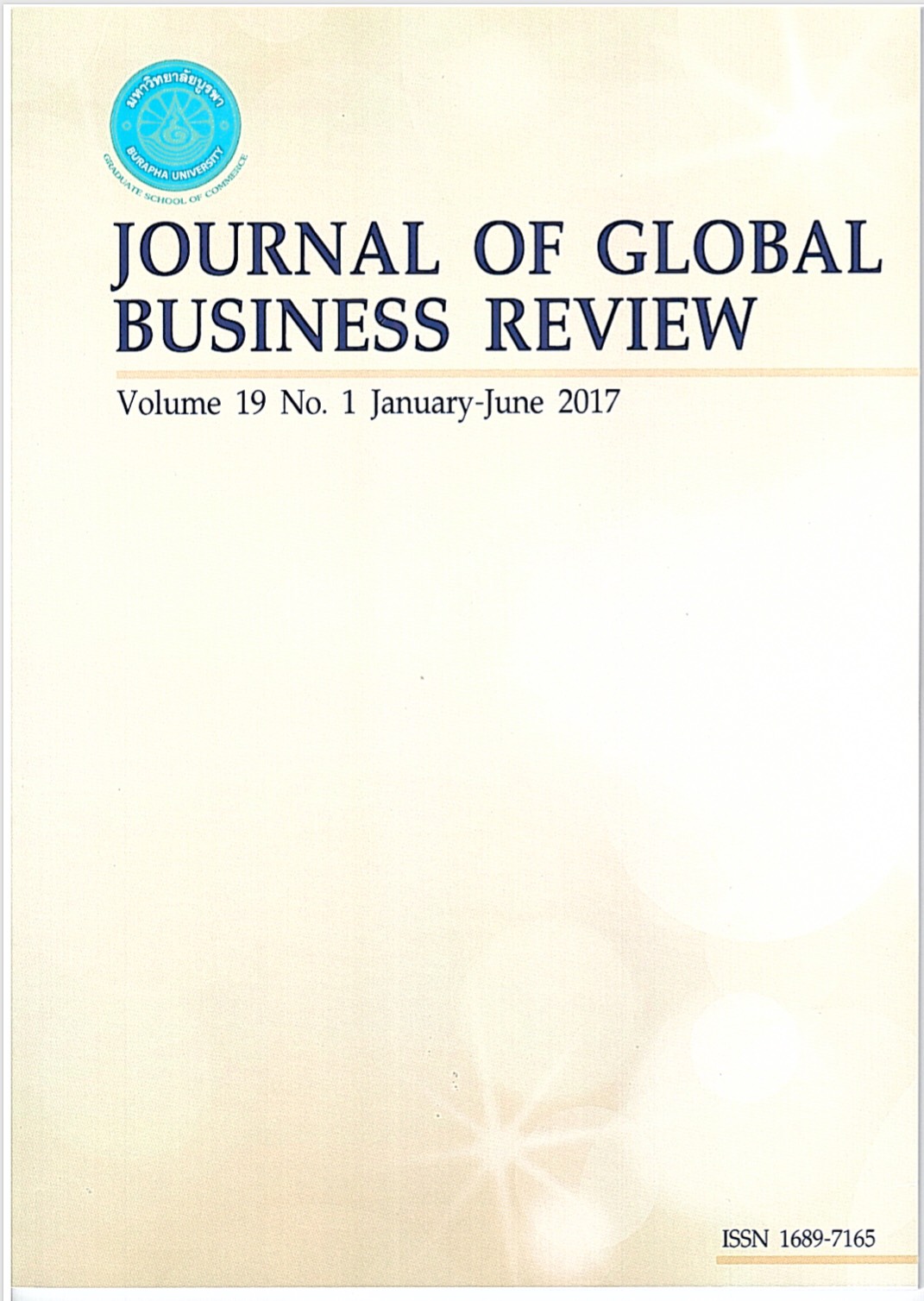The Development Guidelines for working efficiency of asean employees
Main Article Content
Abstract
The objectives of this research were 1) to examine opinions regarding the desirable
characteristics, working efficiency and 21st century working skills of employees in the selected ASEAN-employee organizations according to the organization’s perception and employee’s self-assessment, and 2) to review relationships between desirable characteristics and working efficiency as well as relationship between 21st century working skills and working efficiency. The study area included the organizations located in Bangkok, Thailand. Purposive sampling method was employed in this study in order to select participants from the ASEAN-employee organizations. The data were collected with questionnaires distributed to 80 managers and 400 employees from eight selected organizations. The findings indicated the levels regarding the working efficiency and employee’s working skills were found indifferent in the views of the organization’s need and , employee’s self-assessment. For the desirable characteristics, it was found that the employees evaluated themselves higher than what the managers had perceived. Also, the desirable characteristics had a significant relationship with the working efficiency (R = .573 for managers, R = .725 for employees). Lastly, the 21st century working skills had significant relationship with the working efficiency (R = .405 for managers, R = .499 for employees) at the statistical significance level of 0.05.


